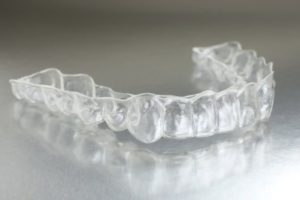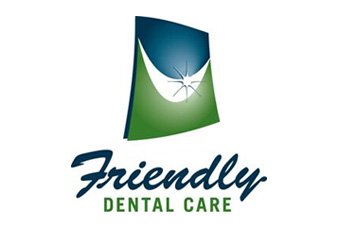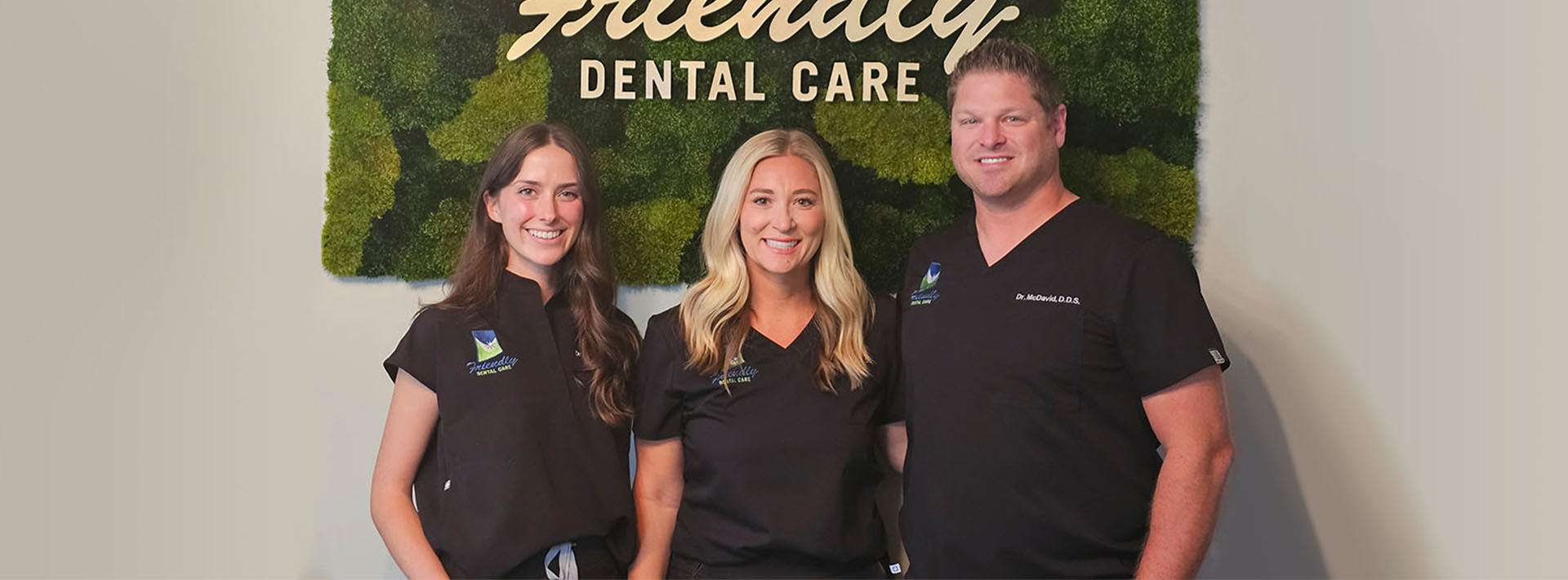09 Aug What kinds of bite issues can Invisalign correct?
 You may know about Invisalign because of its effectiveness at straightening the smile with clear plastic trays instead of ugly brackets and wires. But did you realize that Invisalign can also correct malocclusions (“bad bites”), which can contribute to an unsightly smile just as much as crooked teeth do?
You may know about Invisalign because of its effectiveness at straightening the smile with clear plastic trays instead of ugly brackets and wires. But did you realize that Invisalign can also correct malocclusions (“bad bites”), which can contribute to an unsightly smile just as much as crooked teeth do?
The earliest versions of Invisalign were limited to rather simple cases of slightly misaligned teeth, but the technology has been updated since then. Invisalign now can be used to correct overbites, underbites, crossbites, open bites and significant crowding. If you need to reposition your jaws in addition to your teeth to improve your smile, you should consult with your dentist to see if Invisalign might help you achieve this smile goal.
There are many reasons why Invisalign is an appealing option to patients who want to upgrade their smiles. This system is comfortable and convenient, and it doesn’t detract from your smile’s appearance when you’re trying to improve on it.
First of all, Invisalign trays lack the sharp-edged brackets and wires that can break free from the appliances and painfully poke the soft tissues in your mouth. Invisalign also does away with those pesky rubber bands that are often necessary to treat malocclusions through conventional orthodontic treatment.
Furthermore, Invisalign requires minimal, if any, adjustment to a patient’s normal routine. The trays can be removed for oral hygiene tasks and at mealtime, so you don’t need to change the way you brush, floss and eat.
Patients do take on greater responsibility themselves with Invisalign in contrast to standard braces. They must closely follow the prescribed schedule for daily wear of the trays (around 22 hours), as well as the timeframe for switching to the next tray, which typically happens every two weeks or so. In return, your provider will just monitor you periodically to make sure that treatment is progressing as expected. Invisalign does not require as frequent office visits as conventional orthodontic treatment does.
Invisalign can treat many malocclusions, as well as other complex orthodontic cases. To see if Invisalign might be an option for you, call Friendly Dental Care at 740-687-6105 to schedule an initial consultation.


